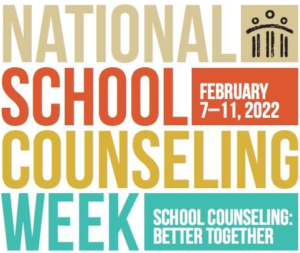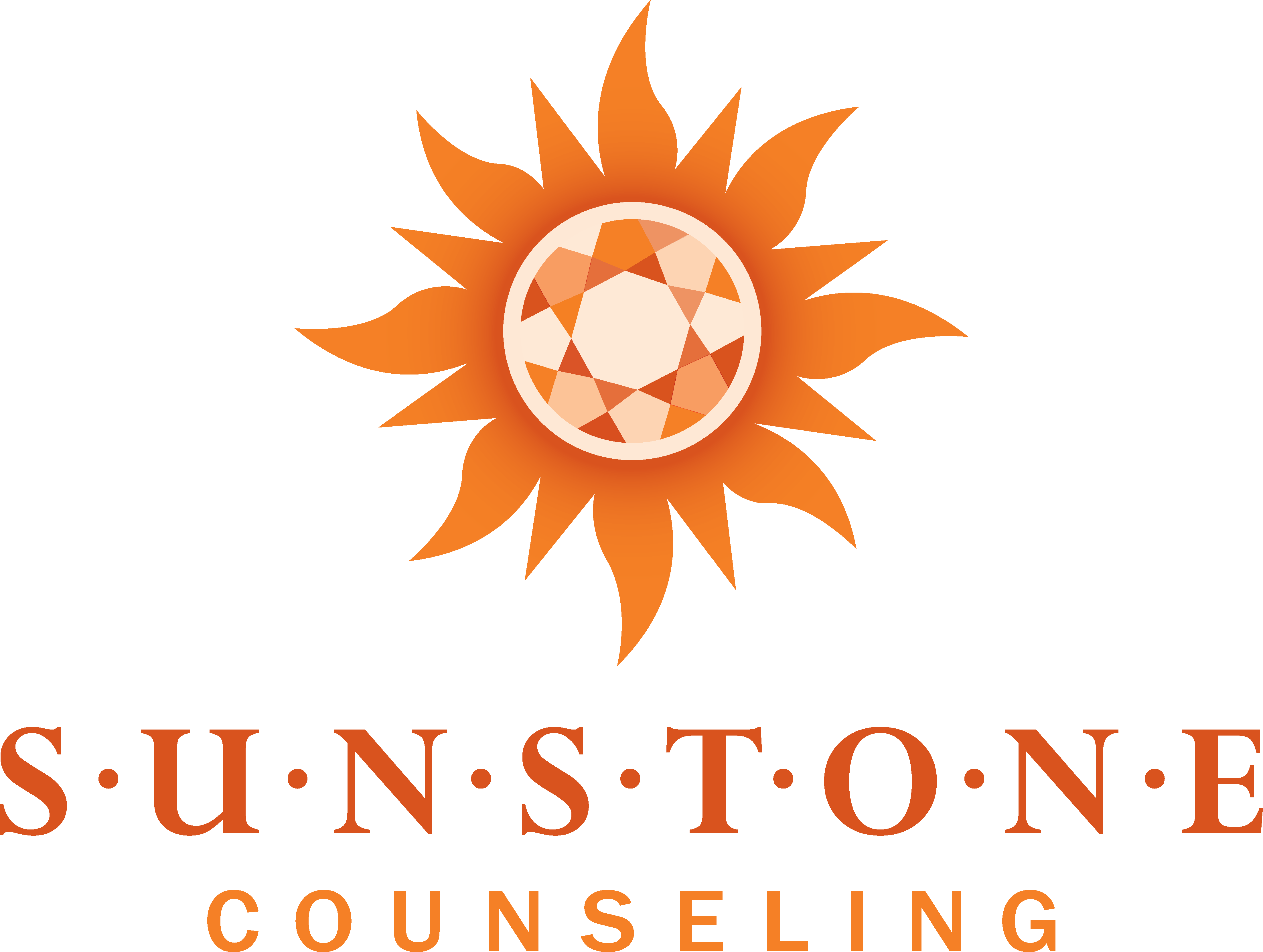By Anna Blevins, Resident in Counseling and Professional School Counselor
As both a Professional School Counselor and a Resident in Counseling, I have the unique opportunity to consult with clients and their families regarding how to best support school-aged children in educational, social, and home life settings.
In celebration of National School Counseling Week, I am excited to shed light on some of the most common misconceptions the general public has about school counselors.
MISCONCEPTION: “School Counselor” and “Guidance Counselor” titles are interchangeable.
Previously known as “guidance counselors,” School Counselors’ duties have evolved over time to take on a significantly more impactful role in educational settings. This led to their title to change, now being referred to as “professional school counselors” to recognize their expanded scope of practice, enhanced educational requirements, and increased level of responsibility and accountability.
School counselors are tasked with mentoring and counseling students on a variety of issues, ranging from school work to social, behavioral, psychological concerns, and beyond!
MISCONCEPTION: School Counselors don’t have as much education as other types of counselors.
Actually, school counselors and private practice counselors are both required to have earned a master’s degree (or higher) during their education. Their specialty coursework may differ depending on their chosen counseling pathway, but the core competencies and foundational skills of both professions are the same.
MISCONCEPTION: School Counselors can’t help me with [insert problem here].
 You might be surprised! School counselors are highly trained, extremely talented, well connected, and extraordinarily resourceful individuals. If we personally can’t help you with a problem, we probably know someone who can, or we can partner with you to figure it out together.
You might be surprised! School counselors are highly trained, extremely talented, well connected, and extraordinarily resourceful individuals. If we personally can’t help you with a problem, we probably know someone who can, or we can partner with you to figure it out together.
Examples of Common School Counselor Duties:
- Identifying issues affecting school performance, including absenteeism and school avoidance
- Addressing social or behavioral problems, helping to identify appropriate solutions
- Helping students develop skills needed for academic success, identifying students who may need additional accommodations to have equitable access to curriculum
- Counseling individuals and small groups regarding emotional/psychological topics
- Assessing students’ abilities and interests and encouraging them to explore them
- Helping students set and work to achieve academic or career goals
MISCONCEPTION: School Counselors only work with students.
In order to best serve student needs, School Counselors often collaborate with parents, teachers, school administrators, other school counselors, private practice counselors, private and school social workers, private and school psychologists, doctors, healthcare providers, school board members, government officials, community stakeholders, and so many more to advocate for their students.
MISCONCEPTION: School Counselors can be my child’s in-school therapist and provide diagnoses for educational or mental health concerns.
 Unlike Licensed Professional Counselors (LPCs) and other private counseling providers, School Counselors are not licensed to provide diagnoses. However, because of their connections and access to information, school counselors are positioned to be a very valuable point of reference for parents to consult with whenever they have questions or concerns about their child.
Unlike Licensed Professional Counselors (LPCs) and other private counseling providers, School Counselors are not licensed to provide diagnoses. However, because of their connections and access to information, school counselors are positioned to be a very valuable point of reference for parents to consult with whenever they have questions or concerns about their child.
School Counselors can provide insight into many different aspects of the student’s experience throughout the school day and can assist in recommending interventions, gathering teachers or private providers to meet and collaborate, or make referral recommendations to services that may be appropriate.
The American School Counseling Association recommends a ratio of 250 students per 1 full-time school counselor, and many school counselors have far more on their caseload than that. With so many individuals to support on a daily basis, it would be extremely difficult for them to properly and effectively serve your child as an in-school therapist. Trust that when your School Counselor recommends you consider private therapy, they see that your child may need more support than the school is equipped to provide effectively.
Luckily, Sunstone Counselors are available to help meet your child’s needs with virtual and in-person appointments in Northern Virginia, Ashburn, Richmond, and online.
Learn more about our services for children and adolescents, and reach out to us today to find the right counselor for your child.





